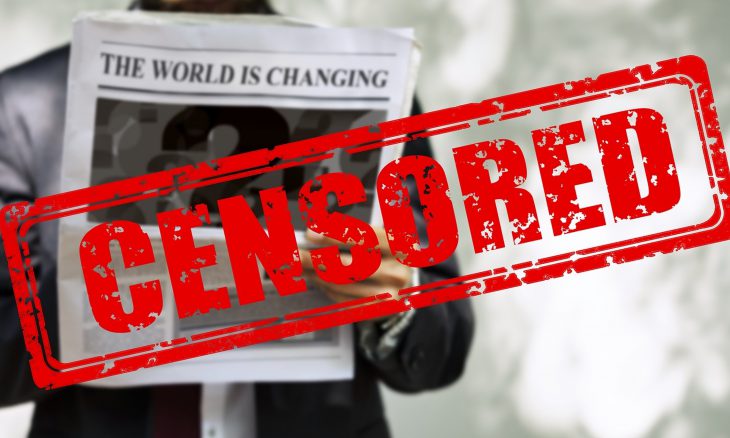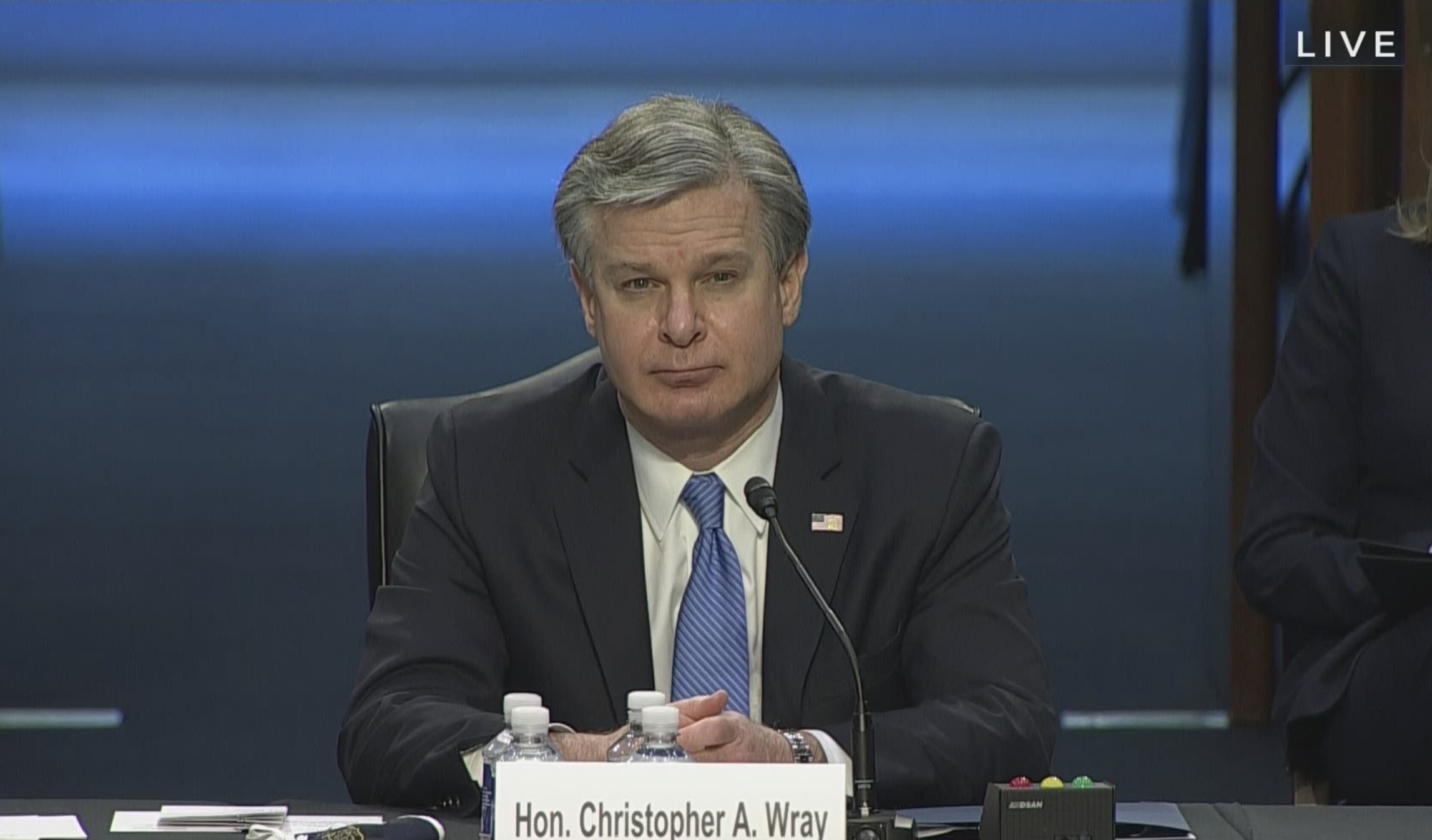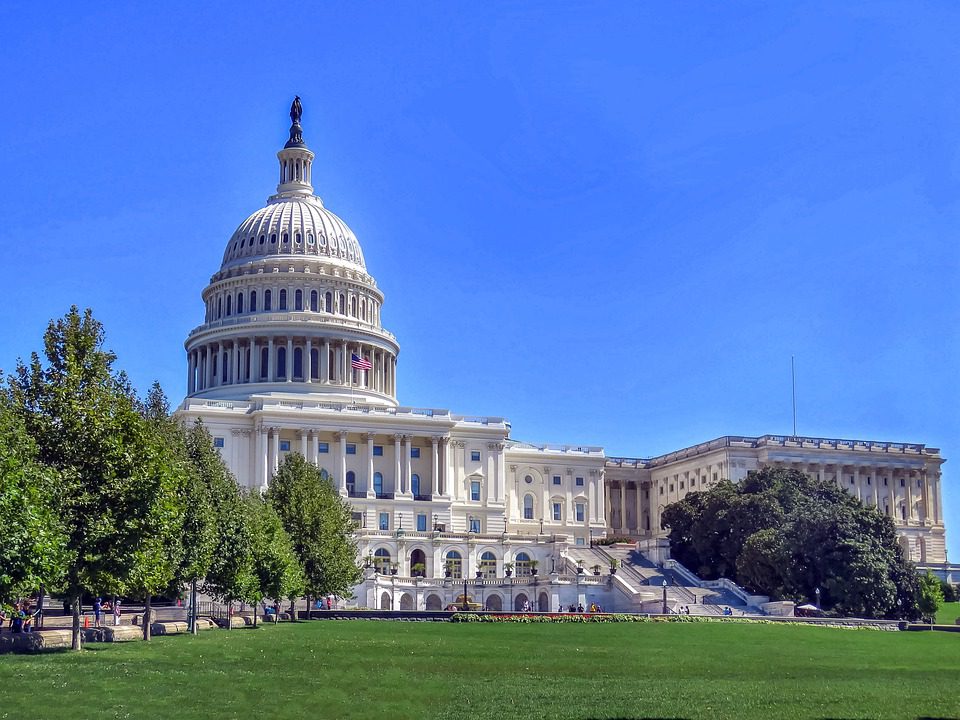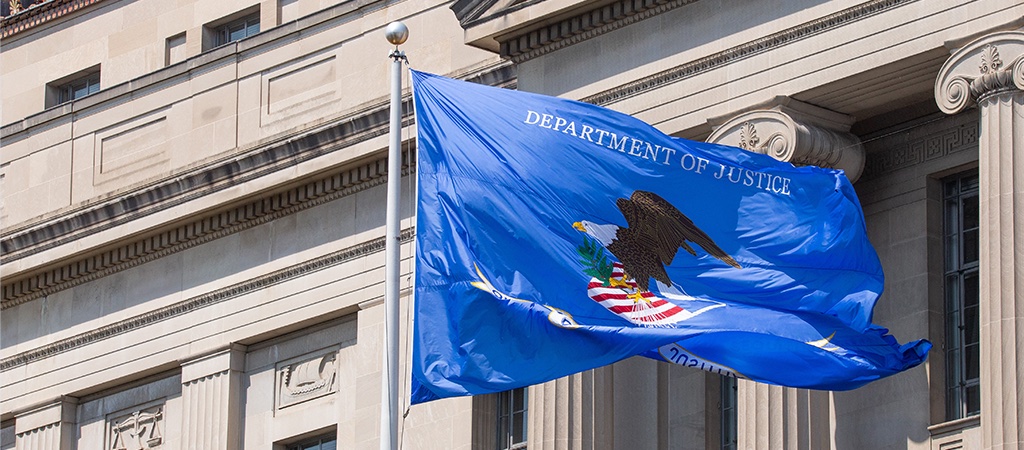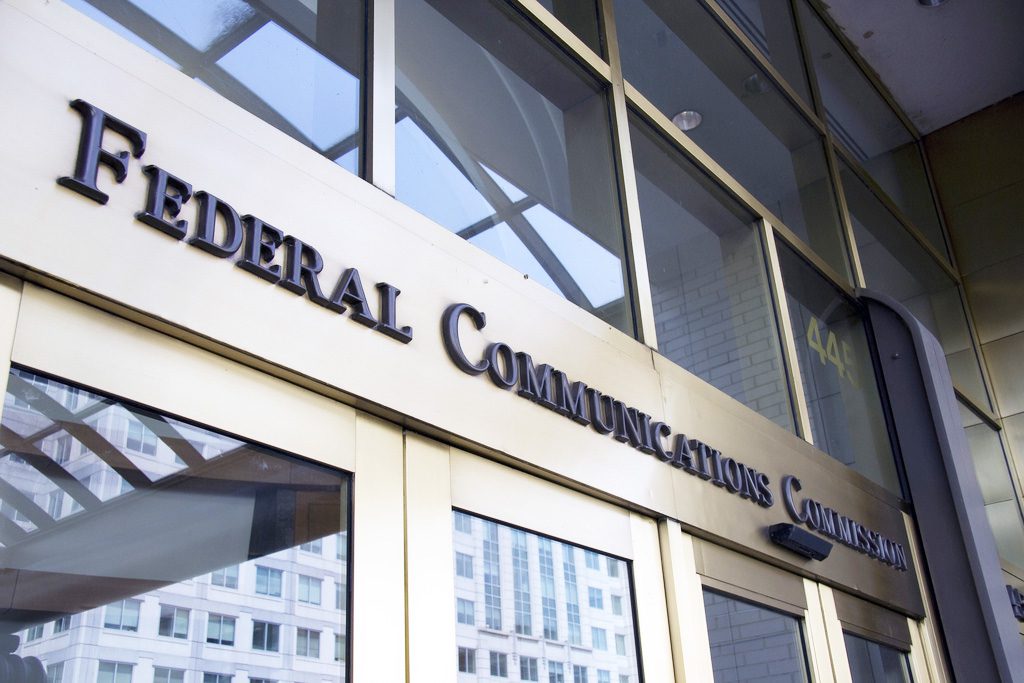Pending court judgments may shape our speech rights and liberties.
PRAY FIRST for the nine justices of the Supreme Court to seek God’s wisdom as they face the complex issues of balancing free speech and social media censorship facing our current generation.
“And you will know the truth, and the truth will set you free.” – John 8:32
The First Amendment to the U.S. Constitution boldly declares that the government must not “abridge the freedom of speech, or of the press.” Free speech stands as one of the pillars of a thriving democracy. Justice Oliver Wendell Holmes, Jr., eloquently stated that “the best test of truth is the power of the thought to get itself accepted in the competition of the market.” This faith in the marketplace of ideas continues to underpin First Amendment law.
Since World War I, the Supreme Court has grappled with the delicate balance between safeguarding free speech and protecting society. The Court often faces a fundamental question: What constitutes “speech” for First Amendment purposes? It’s not merely spoken or written words; it extends to expressive conduct, or actions that convey symbolic messages. For instance, burning a flag or wearing a black armband is protected under the First Amendment. Even certain uses of money, such as campaign financing, are considered speech.
The Digital Revolution: Social Media
Where once radio, then television, ruled in reaching the masses, today, social media companies wield immense influence. Social media platforms have democratized free speech in new and profound ways, for better or worse. While touting an environment that encourages expression and free thought, they can curate information by promoting or suppressing certain ideas and even censoring content. Balancing their editorial discretion with the public’s right to information is a tightrope walk. While they have the right to manage their platforms, they should also respect free speech principles. If they fail to do so responsibly or violate ethical lines, the federal government or the Supreme Court may have to step in to address the imbalance.
Instead of information being filtered by executives before being given to the masses, now, anyone can voice their thoughts and opinions, engaging in discussion and debate. However, because many social media companies are funded by ad revenue, their algorithms will often display content based on popularity or user interaction. This gives bad actors the opportunity to deliberately post false information and possibly have their information amplified. This means content may not be evaluated for accuracy or truth but rather on whether it is profitable.
The Court grapples with this delicate balance between free speech and possible societal harm. If users are being manipulated, intentionally or unintentionally, through social media, it raises the question of whether special interest groups are seeking to do harm or simply interested in making money. Such things aren’t protected by free speech. The Court must weigh the right to express against the duty to protect. How do we safeguard the vulnerable without stifling dialogue?
Publisher or Common Carrier?
Social media platforms are generally not categorized as either traditional publishers or common carriers. They occupy a unique position due to the nature of their services and the content they host. Under Section 230 of the Communications Decency Act of 1996, they are given certain protections that exempt them from the publisher category, allowing them to host user-generated content without being liable for it. However, they are also not considered common carriers, which would subject them to a different set of regulations and obligations regarding nondiscrimination and service provision.
Enter the social media and tech giants—Facebook, Twitter, YouTube, Apple, Google, and Microsoft. They are the gatekeepers of millions and millions of posts, messages, and engagements of public discourse every day. Their content moderation policies and terms of service can restrict what is shared online, and all social media platforms engage in removing content they deem unsuitable.
Section 230 was meant to nurture emerging internet businesses while also incentivizing them to regulate harmful online content and it has been instrumental in shaping the modern Internet by allowing a wide variety of business models to flourish online. However, as they have grown over the past several decades, many are calling for changes.
Some proposals suggest modifying the language of Section 230 to limit the ability of service providers to engage in content moderation and to force them to leave up all content that is protected under the First Amendment. Congress was also looking at reforms aimed to address bipartisan concerns about the scope of immunity provided to online platforms, particularly how they handle illicit material while continuing to foster innovation and free speech.
The question for those in public office and in the federal court system is, where is the line between responsible moderation and outright censorship?
In the Courts
The Supreme Court heard oral arguments for two cases, NetChoice v. Paxton and Moody v. NetChoice, in February. Both cases address the constitutionality of laws in Texas and Florida that seek to regulate how large social media companies’ moderate content on their platforms. A ruling could redefine the balance between moderation and free speech. It could also influence future legislative efforts to amend or repeal Section 230 and change platform liability. The ruling will also likely set a precedent for how much control individual states have over internet companies and impact the broader landscape of internet governance as well as digital rights. A decision is expected by June 2024.
The Importance of Prayer
American citizens must remain vigilant about ongoing court cases. These decisions will shape our rights and liberties. God knows what is right and just, and we should be seeking His Will through our prayers. As well as praying for wisdom, discernment, and impartiality for those who interpret the law. When Justices rule on free speech, they can have an impact on the very fabric of our democracy and our future.
In these cases, they navigate the delicate balance between safeguarding individual expression and maintaining elements of societal order. As citizens, we must stay informed, engage in dialogue, and pray for wisdom in these critical matters.
HOW THEN SHOULD WE PRAY:
— Pray daily for the members of the Supreme Court to seek God’s guidance. Lead me in your truth and teach me, for you are the God of my salvation; for you I wait all the day long (Psalms 25:5).
— Pray for Congressional leaders as they propose and evaluate legislation to protect the freedom of speech or restrict social media censorship. Pray also that they are vigilant to not be swept up by lobbyists and special interest groups but seek only truth. Buy truth, and do not sell it; buy wisdom, instruction, and understanding (Romans 11:33).
CONSIDER THESE ITEMS FOR PRAYER:
- Pray for FCC officials set standards for what tech and social media companies are allowed to do.
- Pray for those in federal district courts as they hear the initial cases regarding the balance of free speech
- Pray for those who lead in the private sector and draft the terms and services that govern the social media landscape.
- Pray for Americans to have discernment and healthy skepticism about the information they see on their social media feeds.
Sources: Sources: Supreme Court, ERLC.com, ACLU.org, Constitution Center, Columbia University, AP News, United Nations Human Rights Office of the High Commissioner




